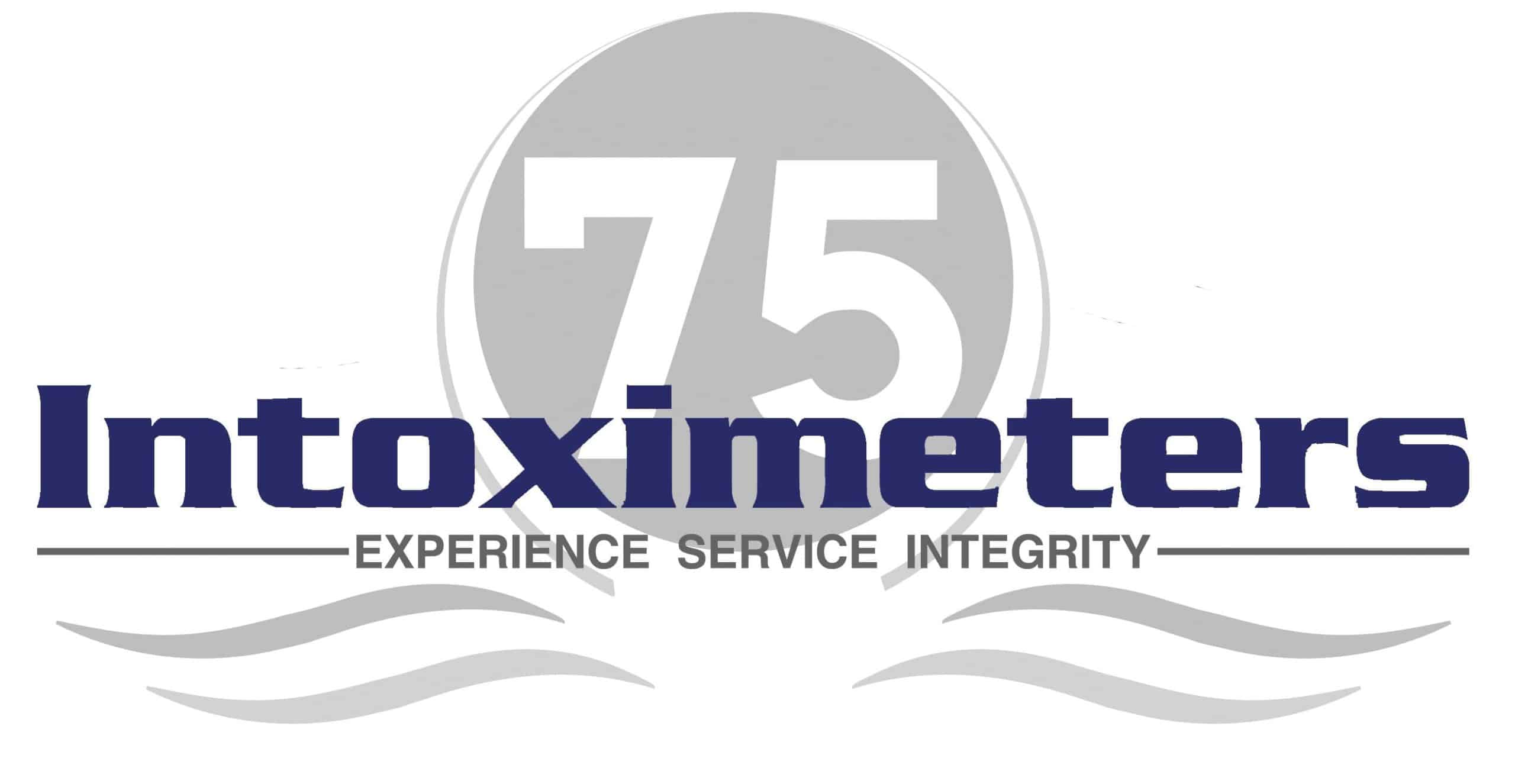| 1. How much air does the donor have to provide for a sample to be taken? HINT: Depending on your instrument, there could be quite a difference in the volume needed to produce a valid test result. 2. How does your instrument measure alcohol? HINT: Can your BAT explain how the technology and instrument works in layman’s terms? 3. How do you know your instrument is accurate? HINT: Have they been keeping a calibration log book? Do they know the difference between an accuracy check and a calibration? 4. How do you know the dry gas standard you used is accurate? HINT: Are you using a NIST traceable gas? How has the barometric pressure been taken into account? 5. What are the Quality Assurance (QA) requirements for this instrument? HINT: When is a accuracy check needed? At what time would a calibration be necessary? |
Next Steps
If your BAT had difficulty answering and understanding these 5 questions, you may need to have a retraining session. Consider a monthly meeting to go over this information and keep it fresh in your BAT’s mind and make refresher training a priority. For more information on ensuring a defensible breath testing program and to receive updated news and information from Intoximeters go to https://www.intox.com/intoximeters-blog/
